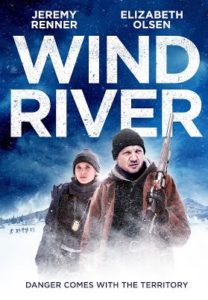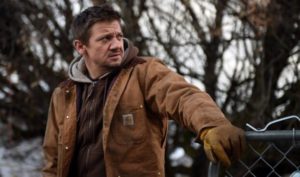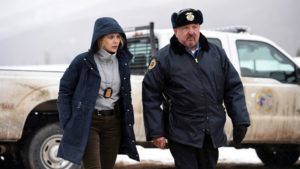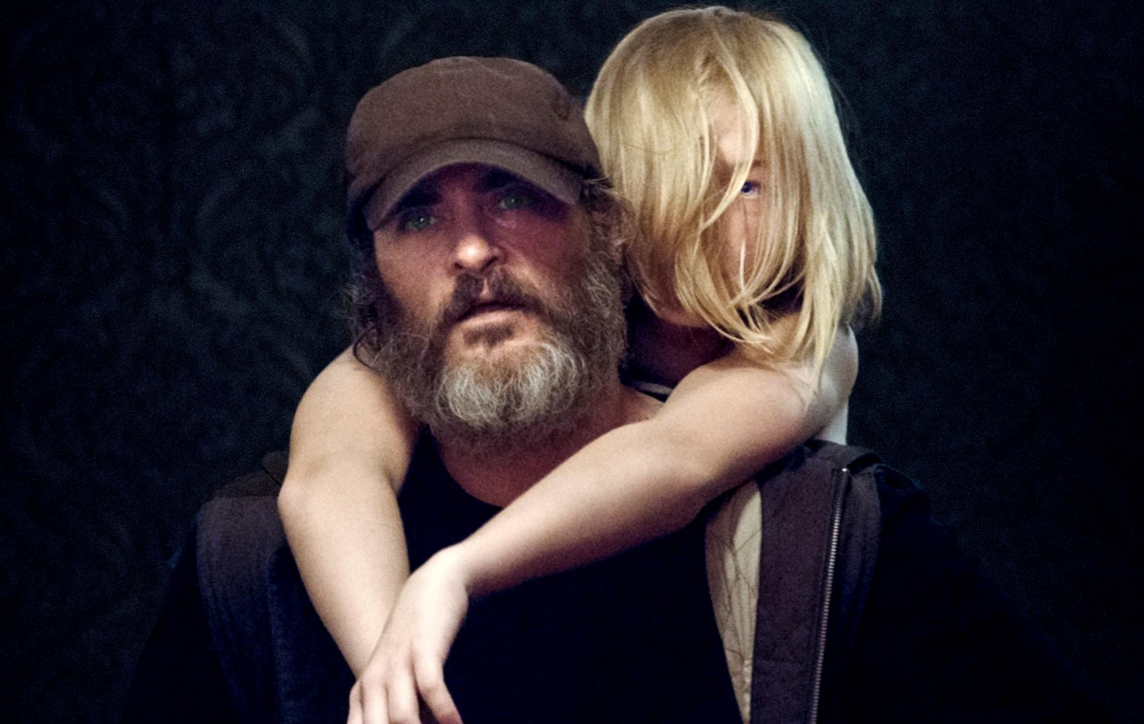 Imagine being in a bad way and no help is coming. Nobody can or will come to help you, the only person you can rely on is yourself and those who suffer with you, but even they too are helpless to take the hurt away. Such is the case in Wind River, the latest film by screenwriter turned first-time-director Taylor Sheridan. His previous credits include the screenplays for Hell or High Water and Sicario. Though it did not make as much of a splash as his previous outings, Wind River offers a stark look at grief, isolation and a community that has spent the last few centuries being ignored and forgotten.
Imagine being in a bad way and no help is coming. Nobody can or will come to help you, the only person you can rely on is yourself and those who suffer with you, but even they too are helpless to take the hurt away. Such is the case in Wind River, the latest film by screenwriter turned first-time-director Taylor Sheridan. His previous credits include the screenplays for Hell or High Water and Sicario. Though it did not make as much of a splash as his previous outings, Wind River offers a stark look at grief, isolation and a community that has spent the last few centuries being ignored and forgotten.
Jeremy Renner (The Hurt Locker) stars as Cory Lambert, a skilled tracker who spends his days hunting rogue predators for the good farmers of the Wyoming country. While on the job, he stumbles upon the frozen body of a young woman from the nearby Wind River Indian Reservation, a woman who passed in the same manner as Lambert’s own daughter. A lone FBI agent Jane Banner (Elizabeth Olsen) arrive to lead the investigation, but soon finds, with little available help, Lambert is her best available resource for finding the killer.
 The plot to this mystery movie is pretty bare-bones as plots go, but in doing so it allows more time for character and setting development. We get a good long look at how isolation is a way of life for the Wind River community. Only one FBI agent is dispatched to assist in the investigation and, due to legal reasons, the crime cannot be pursued as a homicide despite clear signs of violence. Loneliness is also something Lambert lives with. He begins the film seemingly alone in his grief, but as the film progresses we see how the Wind River community has accepted him, in a quiet respect. Jane, the FBI outsider, is unable to garner the same respect he has until she earns it. She’s a kind, skilled woman who wants to help, but is not able to adapt to life in Wind River the same way Lambert has.
The plot to this mystery movie is pretty bare-bones as plots go, but in doing so it allows more time for character and setting development. We get a good long look at how isolation is a way of life for the Wind River community. Only one FBI agent is dispatched to assist in the investigation and, due to legal reasons, the crime cannot be pursued as a homicide despite clear signs of violence. Loneliness is also something Lambert lives with. He begins the film seemingly alone in his grief, but as the film progresses we see how the Wind River community has accepted him, in a quiet respect. Jane, the FBI outsider, is unable to garner the same respect he has until she earns it. She’s a kind, skilled woman who wants to help, but is not able to adapt to life in Wind River the same way Lambert has.
What I found that most convicting was the scene in which Lambert confronts the man responsible for the murder. (Spoilers follow, but fairly predictable ones) The offender angrily says he did it because there was “nothing to do out here, no fun to be had, only snow and silence”. To this Lambert responds, “Snow and silence is the only thing that hasn’t been taken from them. So, what did you take?” When do we take from others just because we’re bored? Do we even consider them? Are we even aware we do it?
 I cannot pretend I know the experience of persons living in the Native American communities of today. I took a class on the subject in college, thus I know only vague whisper of a hint about the issues this people group faces. I’m not qualified to suggest what should be done to make things right. It’s encouraging to see that suffering put to film and given some level of attention, though disheartening to realize the reality. But, if there is a note of encouragement to be found here, it is in a scene where Lambert sits with the father of the woman whose body he found. Neither man can take the other’s pain away, but in our grief, we can sit in silent solidarity with others who grieve, as Jesus did.
I cannot pretend I know the experience of persons living in the Native American communities of today. I took a class on the subject in college, thus I know only vague whisper of a hint about the issues this people group faces. I’m not qualified to suggest what should be done to make things right. It’s encouraging to see that suffering put to film and given some level of attention, though disheartening to realize the reality. But, if there is a note of encouragement to be found here, it is in a scene where Lambert sits with the father of the woman whose body he found. Neither man can take the other’s pain away, but in our grief, we can sit in silent solidarity with others who grieve, as Jesus did.


